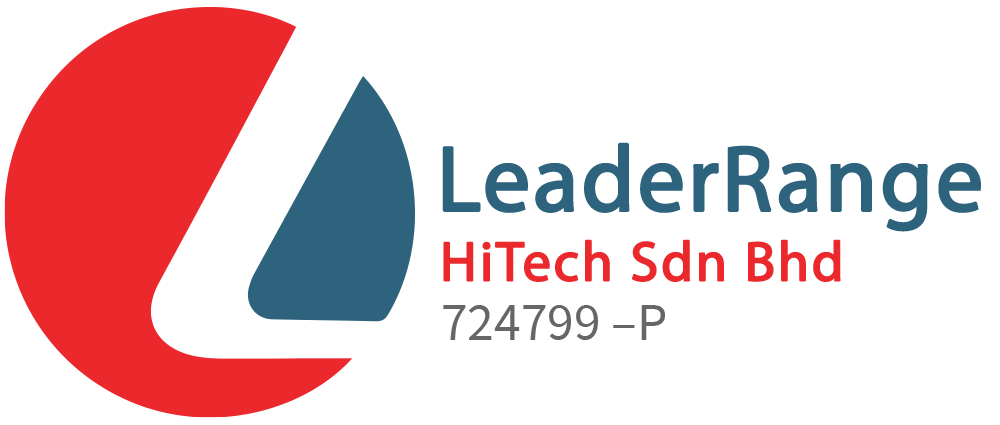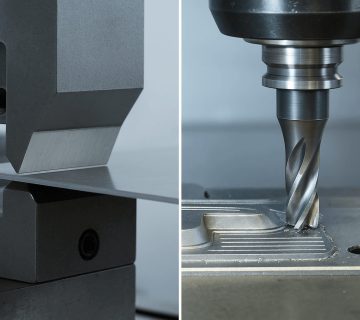In the semiconductor industry, accuracy and reliability are non-negotiable. From wafer-level bond testing to die attachment verification, every component in your test setup must deliver precise and repeatable results — especially the die shear pin.
Often overlooked, the die shear pin is one of the most critical tools in bond testing equipment. While off-the-shelf pins may suffice for basic use, many advanced semiconductor manufacturers are now turning to custom die shear pins for improved test consistency, compatibility, and durability.
In this article, we explore the role of die shear pins, why customisation matters in semiconductor testing, and how precision manufacturing can enhance performance across your test equipment.
🔍 What Is a Die Shear Pin?
A die shear pin is a precision-engineered tool used to apply controlled force to a semiconductor die or bonded component in a shear direction. This is commonly part of destructive or non-destructive bond testing performed during quality control and R&D.
In high-end semiconductor testing equipment, the die shear pin ensures:
-
Consistent application of shear force
-
Minimal impact on adjacent structures
-
Accurate failure data collection
Why Use Custom Die Shear Pins?
While standard pins are widely available, custom die shear pins offer numerous advantages when precision and repeatability are key. Here’s when and why customisation becomes necessary:
✅ 1. Non-Standard Equipment Compatibility
Custom-built or legacy bond testers may require unique die shear pin geometries, diameters, or mounting interfaces that are not available in standard pin catalogues.
✅ 2. Microscale Testing Requirements
Modern semiconductors often involve extremely small and delicate structures. Custom pins allow you to:
-
Match die size with exact tip dimensions
-
Avoid collateral damage during testing
-
Achieve micron-level accuracy
✅ 3. Force Calibration & Precision Control
High-force applications or ultra-low-force testing need shear pins with exact material properties and surface finishes. Custom pins can be designed to:
-
Reduce deflection
-
Withstand repeated high loads
-
Minimise force variability across cycles
✅ 4. Enhanced Durability and Tool Life
Custom die shear pins can be made with:
-
Tungsten carbide or advanced ceramics
-
Wear-resistant coatings like TiN or DLC
-
Special treatments for cleanroom compatibility
⚙️ Key Benefits of Custom Die Shear Pins
| Benefit | How It Helps |
|---|---|
| Precise fit to your equipment | Ensures proper alignment and reduces installation errors |
| Improved data consistency | Reduces variability in force application and break analysis |
| Longer lifespan | High-grade materials and coatings extend tool life |
| Cleaner shear profiles | Maintains test integrity, especially in R&D and failure analysis |
Real Applications in the Semiconductor Industry
Custom die shear pins are commonly used in:
-
Die attach strength tests
-
Wafer-level chip scale package (WLCSP) QA
-
Flip-chip and MEMS reliability testing
-
Solder joint verification
For manufacturers dealing with fine-pitch die assemblies or custom IC packaging, generic pins often introduce misalignment or inconsistent results — impacting production yield and lab data accuracy.
What to Consider When Ordering a Custom Die Shear Pin
When working with a supplier, clearly specify:
-
Pin diameter and length
-
Tip shape and surface finish
-
Material requirements (e.g., tungsten carbide, stainless steel)
-
Mounting or clamping features
-
Intended bond tester model
Conclusion: Don’t Overlook the Die Shear Pin
In high-precision semiconductor testing, your weakest link can compromise your results. A custom die shear pin gives you better alignment, more reliable data, and longer tool life — all of which translate into better yield, quality control, and product reliability.
📩 Need custom die shear pins made to your equipment specifications?
We manufacture high-performance shear pins for leading semiconductor test platforms — precision-ground, tested, and delivered with full quality assurance.

